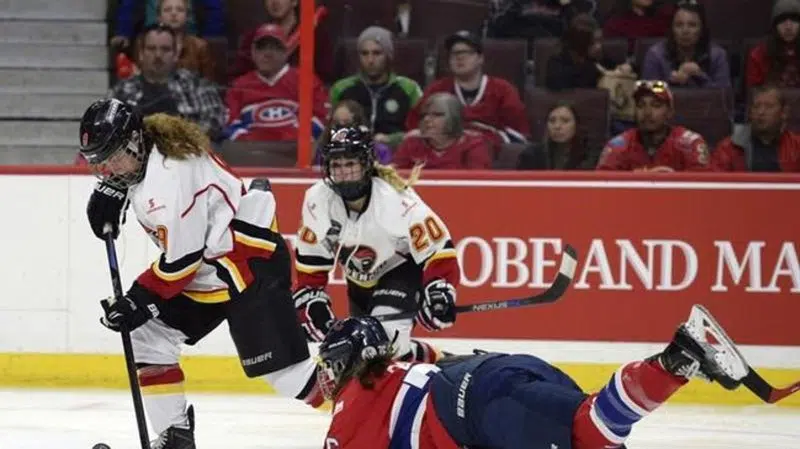
Women in sport have mixed feelings about men’s leagues asking for bailout money
Female athletes, particularly hockey players, will be interested to see if the federal government provides pandemic bailout money to the Canadian Football League.
A men’s professional league that pays an average salary of $80,000 asking for as much as $150 million in taxpayer money has those from the defunct Canadian Women’s Hockey League contemplating the disparity.
A pandemic didn’t shutter the CWHL last year, but the sheer size of CFL’s financial ask is mindboggling to former goaltender Liz Knox.
“We’re asking for peanuts compared to a $150-million ask,” Knox told The Canadian Press on Thursday.


